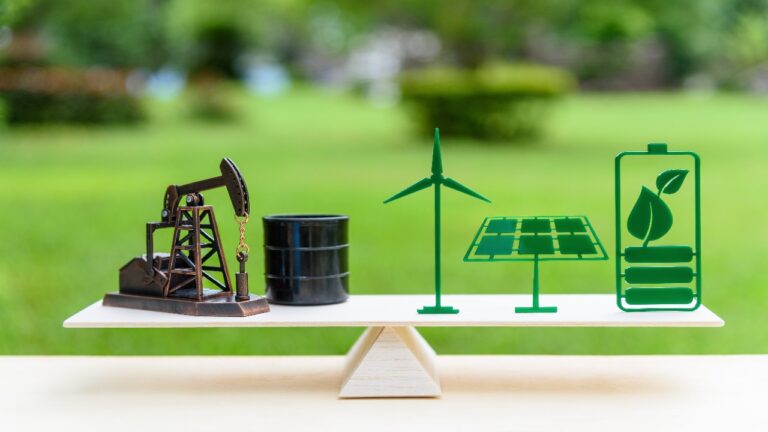The oil and gas industry is at a crossroads. With the impacts of climate change becoming more severe every year, it’s clear that fossil fuel consumption must decline to prevent global warming from crossing a dangerous threshold.
Yet oil and gas companies posted record returns in 2022, driven by volatility in the global market. Many are making more investments in clean energy technologies, but it’s still a small share of their total capital expenditures. As the transition to clean energy gains momentum, these firms are balancing the requirements of the energy transition and the realities of today’s fossil fuel-dependent economy.
How can oil and gas majors reduce emissions while continuing to meet the global demand for fossil fuels? What role do they have in a clean energy transition? And how do their leaders see their position in an increasingly fractious and volatile global energy system?
This week host Jason Bordoff talks with Patrick Pouyanné.
Patrick is the Chairman and CEO of Total Energies, a French multinational oil and gas company and one of the world’s seven supermajors. He has served in this role since 2014.
Since his appointment, Patrick has overseen a diversification of his company’s portfolio, signified by its name change from Total to Total Energies in 2021. He has continued to expand Total Energies’ oil and gas business, pursuing new projects in Qatar, Mozambique, Uganda, and elsewhere. In the process, Patrick has emerged as a highly influential– and sometimes controversial– voice in the industry.
This episode of the Columbia Energy Exchange is a recording of a live, in-person conversation that took place on April 12th during the Columbia Global Energy Summit 2023.









